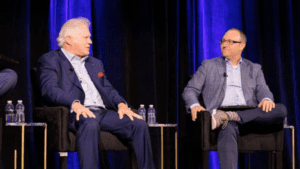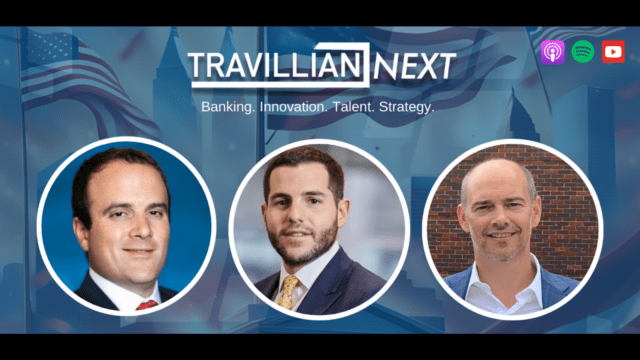Whether Generation Z’s (Gen Z) time is more valuable than that of Baby Boomers’ in today’s banking industry reflects the evolving nature of workforce dynamics, productivity, and technological adaptability. The value of each generation’s time depends on the specific contexts and skills they bring.
A Generational Divide: Baby Boomers vs. Gen Z in Banking
The Five Generations Shaping the Banking Industry
The modern banking workforce spans five generations,
- Baby Boomers (1946–1964)
- Gen X (1965–1980)
- Millennials (1981–1996)
- Gen Z (1997–2012)
- Gen Alpha (2013–present)
A Unique Dynamic Between Baby Boomers and Gen Z
Among these, the interplay between Baby Boomers and Gen Z is particularly compelling, with each contributing distinct strengths.
According to McKinsey & Company analyses, Baby Boomers’ experience with regulatory frameworks such as Anti-Money Laundering (AML) and Know Your Customer (KYC) is invaluable in maintaining institutional trust and managing risks. Their depth of institutional knowledge ensures compliance in a highly regulated industry. However, Gen Z’s fluency in digital technologies—like artificial intelligence and blockchain—positions them as key drivers of innovation in areas such as mobile banking and cybersecurity, which are reshaping the industry.
Tech-Savvy Gen Z vs. Experienced Baby Boomers
Banking is increasingly reliant on fintech solutions and automation, making Gen Z’s comfort with technology an essential asset. A 2024 Deloitte survey highlights that nearly 60 percent of Gen Z workers prefer the latest technologies in their roles, compared to less than 30 percent of Baby Boomers. This proficiency allows younger employees to adapt quickly to emerging tools and processes.
Conversely, McKinsey cites that Baby Boomers excel in strategic thinking and crisis management, skills developed through decades of experience. These qualities are particularly valuable during periods of economic uncertainty, as shown by McKinsey research emphasizing the critical role of seasoned professionals in leadership during challenging times.
Efficiency and Learning Curves
McKinsey reveals further details about generational differences related to workplace adaptability. While Baby Boomers may take longer to confidently embrace new technologies, their expertise in navigating corporate structures and client relationships often leads to greater efficiency in traditional banking tasks. On the other hand, Gen Z employees, despite their tech-savviness, often require time to learn industry-specific nuances and build professional networks.
A balanced, multigenerational approach leverages the best of both worlds. For example, McKinsey finds that mentoring relationships between Baby Boomers and Gen Z can enhance collaboration, with younger employees gaining insight into leadership and older employees benefiting from exposure to modern tools.
The Importance of Intergenerational Collaboration in Banking
Forward-thinking banking organizations are fostering intergenerational collaboration rather than competition, Deloitte finds. Initiatives like reverse mentoring, where Gen Z educates Baby Boomers on technology while receiving guidance on industry intricacies, exemplify this approach. Such programs maximize productivity and ensure knowledge transfer across age groups.
The Secret to Banking’s Future: A Generational Partnership
Ultimately, the relative value of time between Gen Z and Baby Boomers in banking is context dependent. Gen Z excels in fast-paced, tech-driven tasks, while Baby Boomers bring indispensable strategic insight and experience. The industry’s continued success lies in creating synergies between these generations, fostering an environment where each can thrive.



















